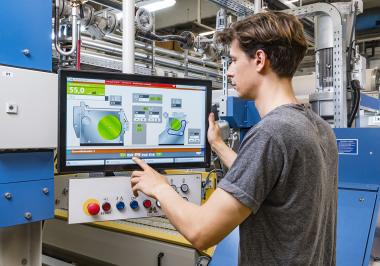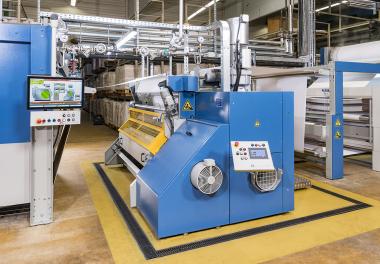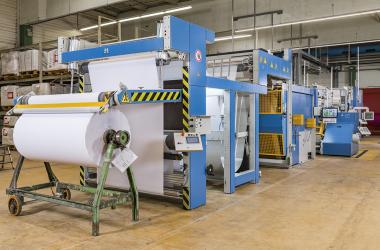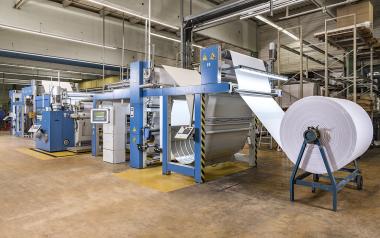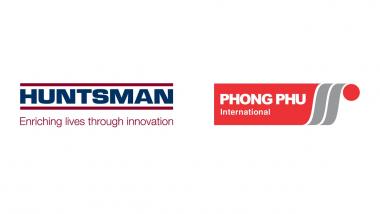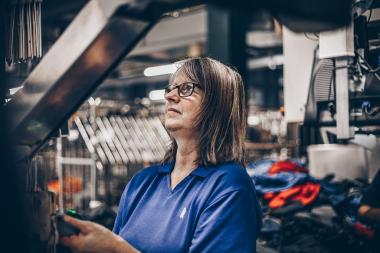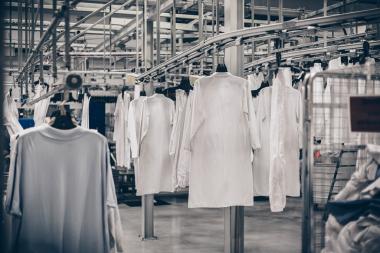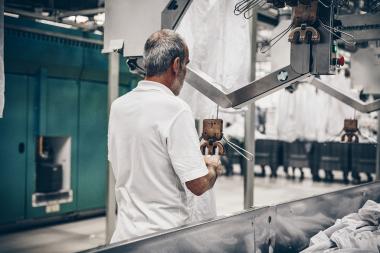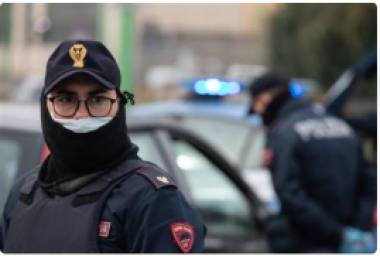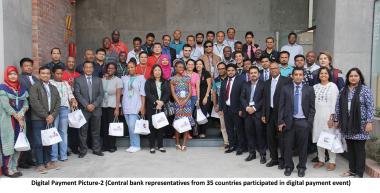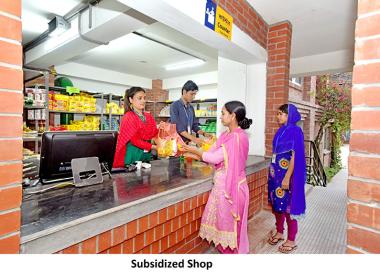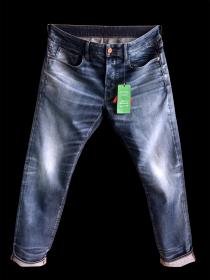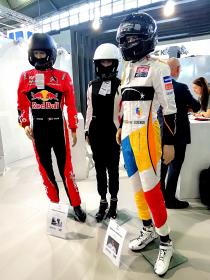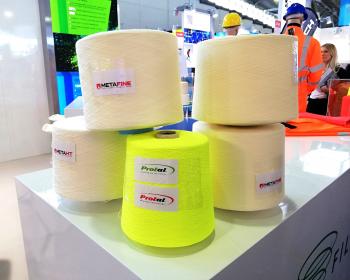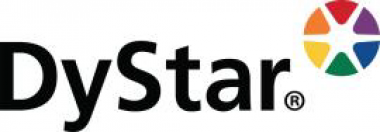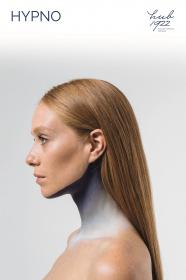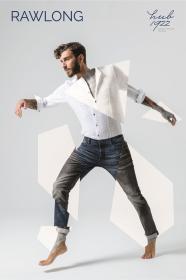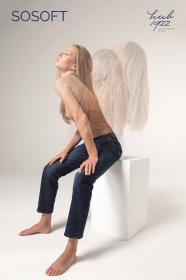New Monfortex line part of a long-term vision for Kettelhack
- Kettelhack GmbH – a German leader in the dyeing and finishing of monochrome fabrics for high-quality and durable workwear and bed linen – has this year retired its existing Monforts sanforizing line after 35 years of daily service, replacing it with a new one.
The first line was installed in 1985 during a decisive time for the company.
Taking the helm in the early 1980s, Jan Kettelhack – the current CEO, owner and great grandson of Heinrich Kettelhack who founded the company back in 1874 – made a number of decisions that have secured its success over the following decades.
In 1982 Kettelhack had to vacate its existing plant in the city of Rheine due to urban development restrictions and despite a general sense of crisis in the European textile industry at that time, opted to relocate and build a new highly automated plant that was not reliant on mechanical and personnel-intensive processes. This was aligned with a greater focus on competitive international sales.
From 1986, the company’s proficiency as a specialist in solid-colour textiles led to workwear textiles becoming a bedrock of the business. Continuous investments in machinery and technical equipment have resulted in a fully integrated and rationalised single source site dedicated solely to what the company does best – the expert dyeing and finishing of textiles.
Crucial process steps
These stages in the textile value-added chain, Jan Kettelhack has observed, are crucial to the quality of a final product in workwear – whether it stands the test in everyday use, how comfortable it is, and how many washes it can withstand.
Central to this is the sanforizing process, which pre-shrinks a fabric by compressing it prior to washing. This limits any residual or further shrinkage in a made-up finished garment to less than 1%, to ensure perfect comfort and fit over an extended lifetime.
“We certainly can’t complain about the performance of the old Monfortex sanforizing line which gave us so many uninterrupted years of service, but certain spare parts for it were becoming increasingly hard to source, the control unit was becoming a little unstable and we couldn’t risk potential interruptions to our production schedule,” says Kettelhack plant manager Hendrik Pleimann. “In many ways, the new Monfortex sanforizer is much the same as the old one in terms of its mechanical reliability and robust construction, but of course today’s drives are much more efficient, and when it comes to the automation features and control units – and the data we can generate and analyse for increasing efficiency – that’s a whole new world.”
Qualitex 800
The two-metres-wide Monfortex line benefits from the latest Qualitex 800 control system which allows all parameters to be easily automated via the 24-inch colour touchscreen, including production speed, control of all fabric feed devices, rotation spray or steaming cylinder options, the width of the stretching field and the rubber belt pressure.
The integrated Compactomat system allows a continuous indication and control of the shrinkage values and the temperatures of the shrinking cylinder and felt calender. Up to 10,000 separate process parameter records can be generated and stored by the data manager.
Full line management can be optimised via the batch-specific calculation of all process material consumption and water and electricity use, with any standstill times analysed and immediately corrected for the future.
Any further assistance required is available via Monforts Teleservice, with direct connection to technicians and virtual access to machine analysis.
Professional
Commissioning of the new Monfortex line at Kettelhack commenced in January and it was fully operational in a relatively short time.
“This was a very professional installation provided by the Monforts team with whom we have a very good relationship dating back many years, and everyone knew what was required from both sides,” says Mr Pleimann. “Our operators have found the new line very user friendly and we are very pleased with how everything proceeded so smoothly. An unexpected benefit is that the new line is also a lot quieter, of course, which is something our operatives are appreciating.”
Key features of the Monfortex line are the proven fabric preparation, weft straightening and spreading units, prior to the compressive shrinkage machine with a 750mm shrinking cylinder, and a felt calender equipped with 2,000mm diameter drying cylinder. The line also features an integrated automatic grinding unit.
Customer service
Kettelhack is processing primarily cotton and polyester woven fabrics, with lyocell becoming increasingly popular in workwear for its softness and comfort.
As part of its customer service, the company stocks more than a million metres of grey fabric and at least 1.2 million metres of finished and rolled standard fabric in its warehouse at any one time, with a further 750,000 metres permanently in production.
While a significant cost, this commitment ensures Kettelhack customers can be fully flexible and rely on it as a partner.
“As a family-run company with around a hundred employees, Kettelhack operates very differently to bigger businesses which have to constantly consider their immediate quarterly profits,” Mr Pleimann concludes. “The thinking at Kettelhack is in terms of the next twenty years and ensuring that the business will be just as successful for the next generation as it is today. We also have a very flat organisational structure in which everyone is involved and takes an active part, which makes it a very nice place to work.”
On behalf of A. Monforts Textilmaschinen GmbH & Co. KG by AWOL Media.


